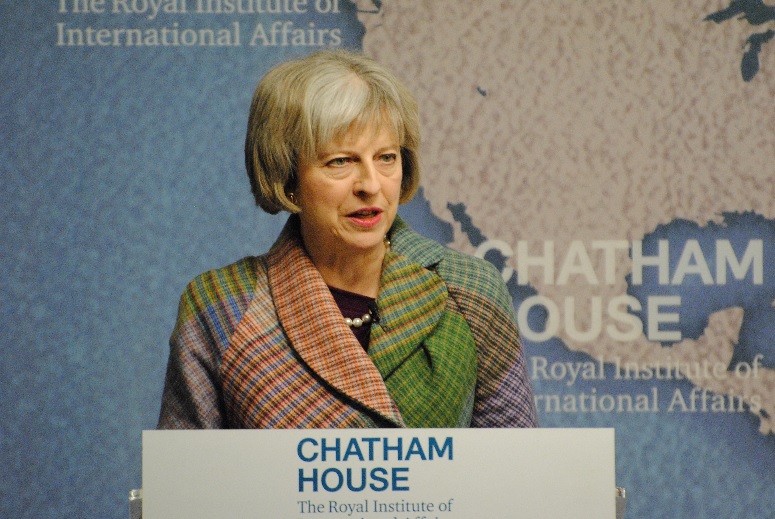The Conservatives commitment to controlling immigration has regularly been questioned after they repeatedly failed to meet their net migration target. Now, the party’s election manifesto outlines its immigration policies for the next parliament, and how they would be implemented.

The Conservatives are proposing to keep their “ambition” of delivering annual net migration in the tens of thousands, which was in both their 2010 and 2015 manifestos. Neither Theresa May nor David Cameron has come close to meeting it as prime minister. The most recent figure was 273,000. The last year it was below 100,000 was 1997.
Despite this, the target has been retained in the 2017 manifesto, which states the party will deliver “controlled, sustainable migration” but does not set a timeframe. It is unclear why this level is now deemed suitable or sustainable, especially with our economy becoming even more globalised than it was two decades ago. Labour, who have themselves been accused of not wanting to set any limits on immigration, said the Conservatives’ plans were unrealistic and uncosted.
In their 2010 manifesto the Conservatives promised to deliver an annual net migration target in the tens of thousands. Indeed, in a speech in 2011, David Cameron, the then prime minister, vowed to achieve this – “no ifs, no buts”. The 2015 manifesto kept the annual net migration figure in the tens of thousands, but downgraded it from the “target” of 2010 to an “ambition”. Why was this the case? The decision to downgrade signifies that reducing migration to the extent proposed by the Conservatives is unrealistic. It is also an acknowledgement that Britain has been a country of high net migration for nearly 20 years, regardless of who is in power.
It is important to question where this idea of having an optimal figure for net migration came from and what the tens of thousands number is based on. While it may be the case that lower immigration would take some pressure off services (and even that is not clear), reducing immigration could have serious negative effects too. Indeed, migrants put a lot back into the UK economy through taxes, for instance. So if this figure has not been accurately calculated and analysed, attempts to reduce migration to this level may have significant negative implications for the UK labour market and economy. On this note, the Centre for Economics and Business Research estimates reducing net immigration below 100,000 a year would make the economy between 4.1 per cent and 5.7 per cent smaller by 2030. The CEBR further argues that immigration does not simply make the economy bigger due to a higher population, but boosts productivity growth by filling gaps in the workforce and enhancing creativity in key high-growth sectors such as IT and consultancy.
The Conservative’s immigration policies are aimed at reducing the number of migrants coming to the UK. On the surface, their manifesto policies look like they would achieve that. But given that their key policy is a downgraded version of its ineffective policy from their 2010 and 2015 manifestos it is hard to see how the Conservative’s will achieve any significant change in immigration.
Image from Chatham House / CC BY
